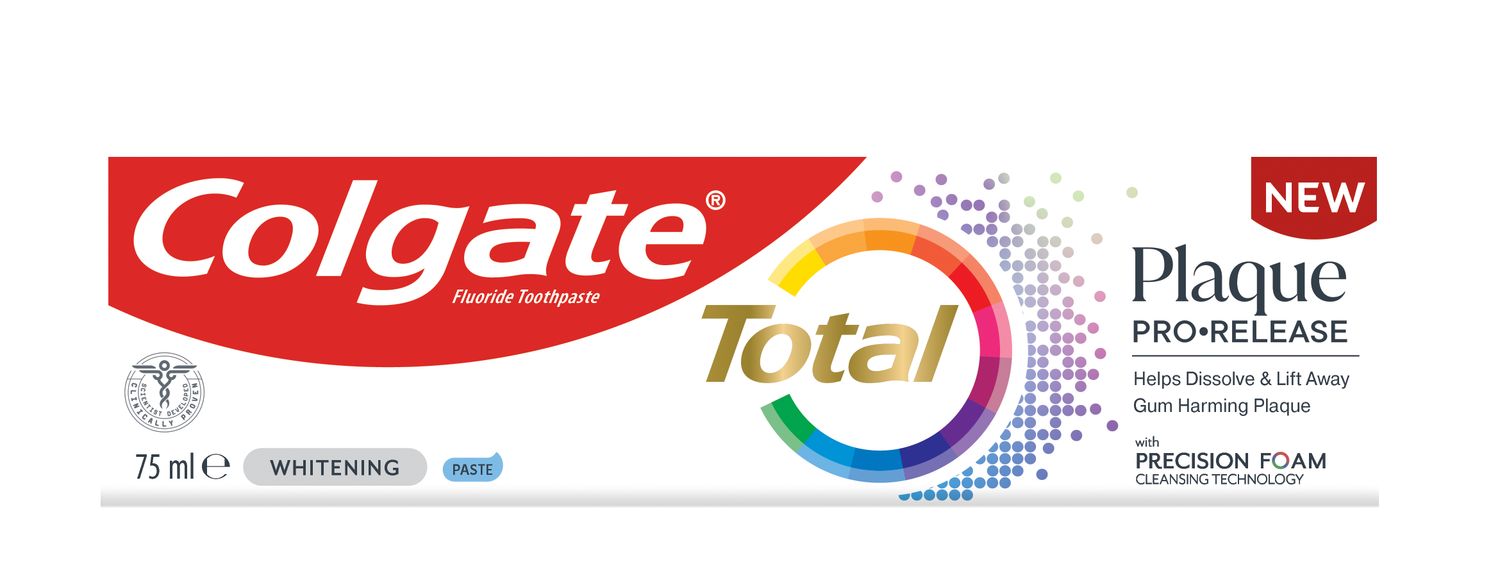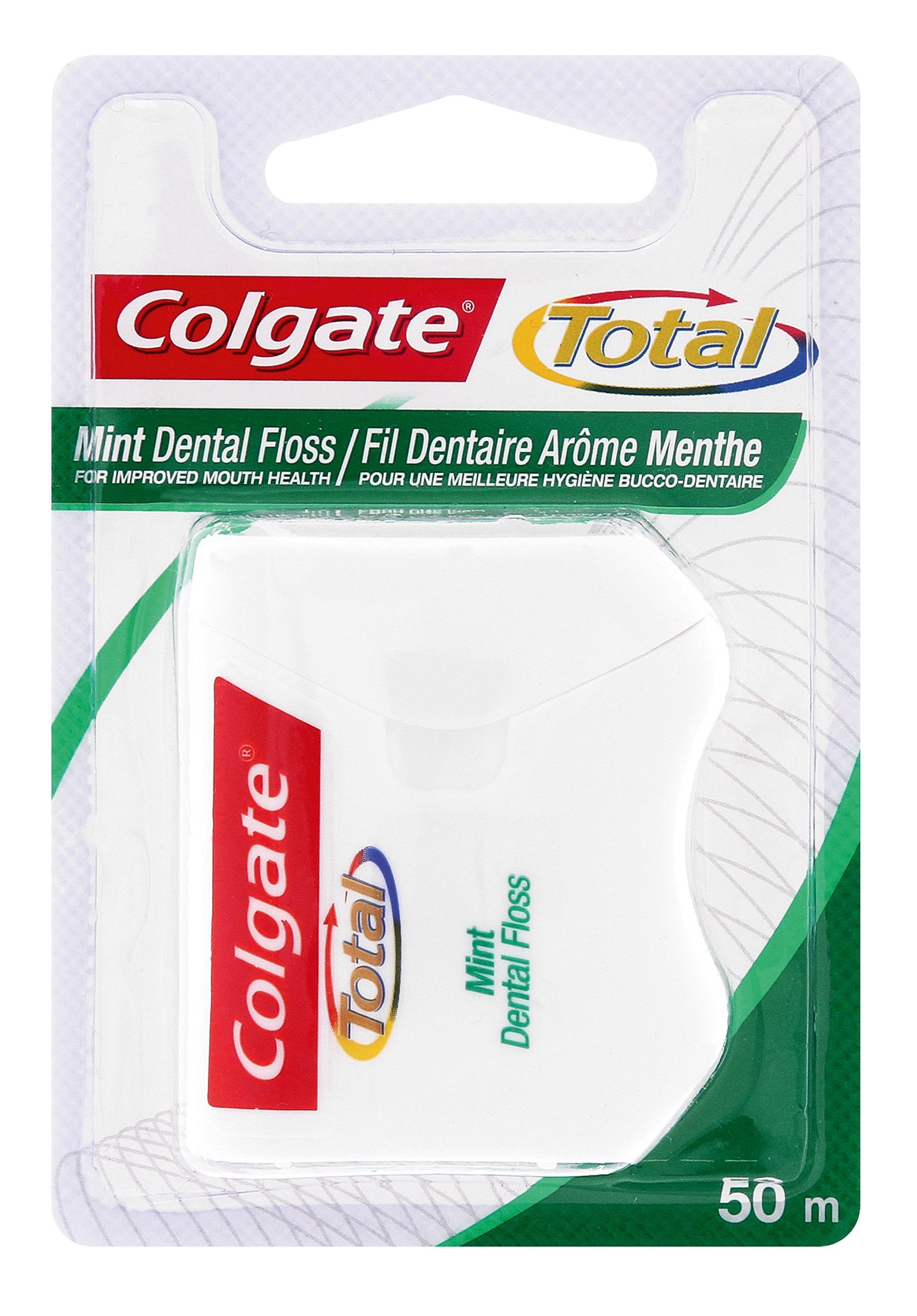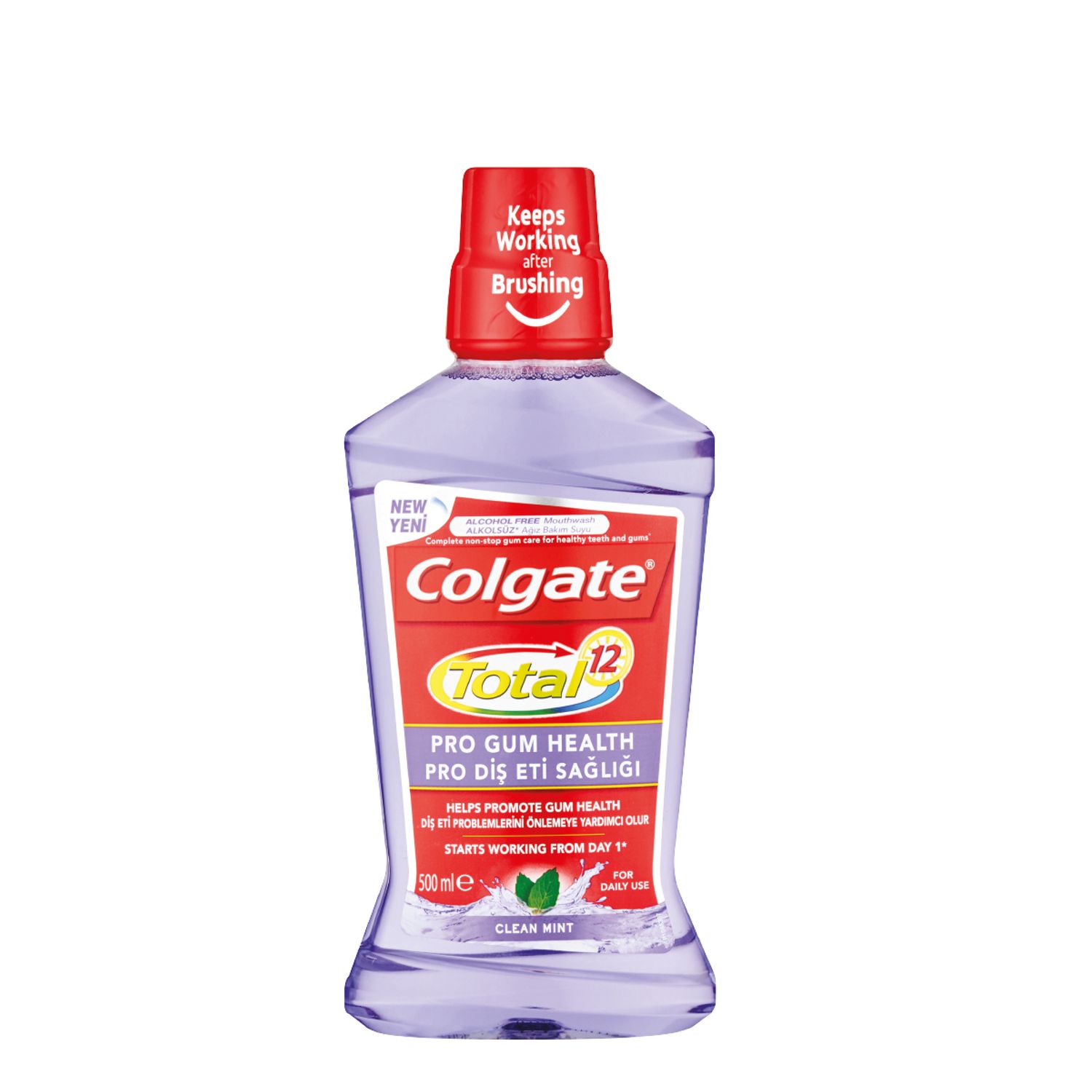-
-

CAVITIES
Can You Heal A Cavity At Home?You feel a sharp pain when you bite down or try to eat. You think it's a cavity, but you're not 100 percent sure...

BAD BREATH
How To Cure Bad BreathMore commonly known as bad breath, halitosis is an embarrassing hygiene issue that nobody wants, but some of us get every now and then...
-
Science & Innovation
- Colgate® | Toothpaste, Toothbrushes & Oral Care Resources
- Oral Health
- Dysgeusia: Symptoms, Causes and Treatment


Taste and its role in the enjoyment of food is something that many of us take for granted. And yet, a taste disorder can have a negative effect on our quality of life and nutrition. It may also indicate an underlying problem.
Symptoms of Dysgeusia
Tongue dysgeusia is a taste disorder that manifests as a lingering, unpleasant sensation in the mouth. People who experience a taste disturbance often report having a frequent foul, rancid, metallic, or salty taste perception. The condition has been attributed to physiological changes in the body, certain ailments, vitamin deficiencies, prescription medications and cancer treatment.
Causes of Dysgeusia
Here are a few causes of this taste disorder that may help your dentist or physician to identify the root of the problem and, hopefully, restore your ability to enjoy food:
- Medication. A metallic taste is perhaps the most common sensation reported, and is often attributed to the use of medication. More than 200 medications are known to cause taste disorders, yet this side effect is often overlooked in drug development, notes an article in Toxicological Sciences.
- Cancer treatment. Dysgeusia can occur as a side effect of chemotherapy and radiation. It is more common in the treatment of head and neck cancers, although it can occur with the treatment of any type of cancer. According to the Society of Sensory Professionals, cancer treatment can interfere temporarily or permanently with the ability to taste or smell food. Doctors should address these effects to prevent malnutrition and weight loss.
- Diabetes. Another instance of tongue dysfunction can occur in people with undiagnosed diabetes, especially in cases of adult onset or type 2 diabetes mellitus. Referred to as "diabetic tongue" by an article in the Journal of Family Medicine and Primary Care, dysgeusia can be an early symptom of the condition. Researchers have found that altered taste is not constant throughout the day, meaning it could be attributed to fluctuations in blood sugar levels and identified as an early clinical sign for diabetes.
- Other causes. The aforementioned study also recognised that other systemic health problems, such as zinc deficiencies, dry mouth and autoimmune diseases, could also cause changes in taste. Other causes include ageing and physiological changes, such as pregnancy and menopause. In addition, head injuries and certain ear, nose and throat procedures can cause taste disorders. Dental issues like poor oral hygiene and the extraction of a wisdom tooth can also lead to dysgeusia.
Treatment of Dysgeusia
The treatment of taste dysfunctions often requires addressing the underlying problem, when possible. The condition may also be self-limiting and resolve on its own. However, when it occurs due to systemic issues or the use of necessary medications, a taste disturbance can be managed through nutritional, dietary and palliative treatments.
Dietary counselling about flavouring agents and spices is important to avoid inadequate nutrition and unhealthy ingredients as a way of enhancing taste. Such counselling explains the importance of avoiding additional salt and sugar, which can increase cavity risk and contribute to high blood pressure.
In instances of dry mouth, your dentist may recommend a daily mouth rinse. Dry mouth can cause taste disturbances, but it also contributes to cavities due to the lack of saliva. An alcohol-free mouth rinse can help repair daily damage to teeth, restores natural calcium, and repairs weakened enamel.
Finally, it is important to visit the dentist regularly for preventive oral health care. Along with routine home care and a healthy lifestyle, these efforts may help diminish the degree of dysgeusia and get you more excited about sitting around the dinner table.
Related Products

Helping dental professionals
More professionals across the world trust Colgate. Find resources, products, and information to give your patients a healthier future











